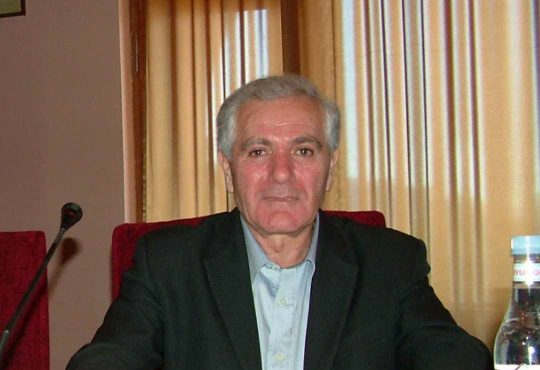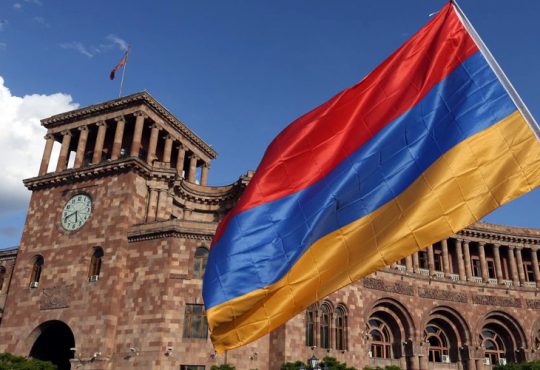Emotion is a mental state associated with the nervous system brought on by chemical changes variously associated with thoughts, feelings, behavioral responses, and a degree of pleasure or displeasure. — Wikipedia
There is currently no scientific consensus on a definition.
Emotion is often intertwined with mood, temperament, personality, disposition, and motivation.
The word «emotion» dates back to 1579, when it was adapted from the French word émouvoir, which means «to stir up».
Some cross cultural studies indicate that the categorization of «emotion» and classification of basic emotions such as «anger» and «sadness» are not universal and that the boundaries and domains of these concepts are categorized differently by all cultures.
In psychiatry and psychology, an inability to express or perceive emotion is sometimes referred to as alexithymia
Emotion can be differentiated from a number of similar constructs:
Feeling — not all feelings include emotion, such as the feeling of knowing. Feelings are the subjective representation of emotions, private to the individual experiencing them.
Moods — diffuse affective states that generally last for much longer durations than emotions, are also usually less intense than emotions and often appear to lack a contextual stimulus.
Affect — used to describe the experience of feeling or emotion.
Emotions facilitate adaptive responses to environmental challenges.
Emotions are a result of evolution because they provided good solutions to ancient and recurring problems that faced our ancestors.
Emotions facilitate adaptive responses to environmental challenges.
Emotions are a result of evolution because they provided good solutions to ancient and recurring problems that faced our ancestors.
For more than 40 years, Paul Ekman has supported the view that emotions are discrete, measurable, and physiologically distinct. Ekman’s most influential work revolved around the finding that certain emotions appeared to be universally recognized.

Another research findings led him to classify six emotions as basic: anger, disgust, fear, happiness, sadness and surprise. Later in his career, Ekman theorized that other universal emotions may exist beyond these six. He later expanded his list of basic emotions to include such things as pride, shame, embarrassment, and excitement.
Fear is a powerful emotion that can also play an important role in survival. When you face some sort of danger and experience fear, you go through what is known as the fight or flight response.

Sadness is another type of emotion often defined as a transient emotional state characterized by feelings of disappointment, grief, hopelessness, disinterest, and dampened mood.

Like other emotions, sadness is something that all people experience from time to time. In some cases, people can experience prolonged and severe periods of sadness that can turn into depression.
Of all the different types of emotions, happiness tends to be the one that people strive for the most. Happiness is often defined as a pleasant emotional state that is characterized by feelings of contentment, joy, gratification, satisfaction, and well-being.

Your muscles become tense, your heart rate and respiration increase, and your mind becomes more alert, priming your body to either run from the danger or stand and fight. This response helps ensure that you are prepared to effectively deal with threats in your environment.
Surprise is another one of the six basic types of human emotions originally described by Eckman. Surprise is usually quite brief and is characterized by a physiological startle response following something unexpected.
This type of emotion can be positive, negative, or neutral. An unpleasant surprise, for example, might involve someone jumping out from behind a tree and scaring you as you walk to your car at night. An example of a pleasant surprise would be arriving home to find that your closest friends have gathered to celebrate your birthday.
It is important to remember, however, that no emotion is an island. Instead, the many emotions you experience are nuanced and complex, working together to create the rich and varied fabric of your emotional life.
Բելա Դարբինյան, ՀՀ ԳԱԱ Գիտակրթական միջազգային կենտրոն, մագիստրատուրա, հոգեբանություն 1-ին կուրս








